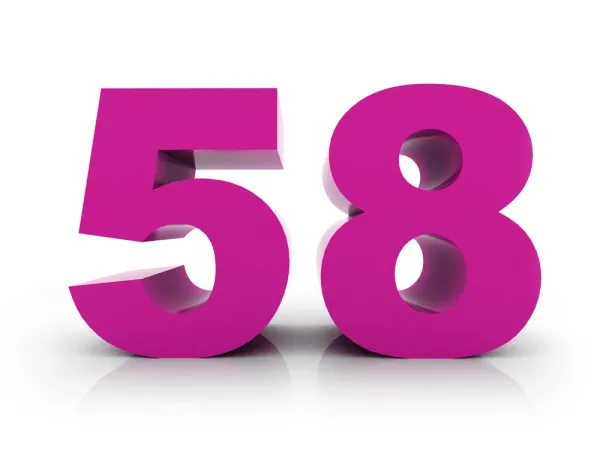Get Payer Input Before Reporting 90

Rules for reference lab modifier will vary by payer, region.
When your practice codes for services that an outside (reference) lab performs, carefully navigate the compliance waters or your claim could sink.
You should also get familiar with modifier 90 (Reference [outside] laboratory) if you’re going to do “third party billing.” That’s because, in appropriate cases, “modifier 90 is used to identify lab tests that your practice did not do itself,” according to Kent Moore, senior strategist for physician payment at the American Academy of Family Physicians (AAFP) in Kansas City, Mo.
Caution: Although modifier 90 may be integral to billing for tests you didn’t self-perform, you need to understand that the modifier comes with its own list of dos and don’ts. Read on to learn when, if, and how to use modifier 90 to bill for a lab test that you (the referring lab) did not perform, but sent to an outside reference lab.
Check Out Medicare Restrictions
First, be aware that the following restrictions for billing referred tests apply only to lab tests paid on the clinical laboratory fee schedule (CLFS).
Second, CMS states that you can submit a claim for referred laboratory services that you didn’t perform only if you are an independent lab (specialty code 69). Furthermore, you must meet one of the following specific criteria:
That means physician office labs can’t bill for tests that they send out to another lab, even though they may have done so in the past. “Physicians’ offices used to bill all lab work, even when performed by an outside lab. They would attach modifier 90 to the lab CPT® code, such as 80051 (Electrolyte panel),” explains Laureen Jandroep, CPC, COC, CPC-I, CPPM, founder/CEO of Certification Coaching Organization, LLC in Oceanville, N.J. Now, the reference lab must bill for the tests it performs at the request of a physician’s office.
Modifier 90: If you are an independent lab that meets the appropriate criteria and bills for referred tests, you must append modifier 90 to those claims. “A claim for a referred laboratory service that does not contain the modifier 90 is returned as unprocessable,” according to CMS.
Don’t miss: If you’re using modifier 90, you must list the name, address, and Clinical Laboratory Improvement Amendments (CLIA) number of both the referring laboratory and the reference laboratory in the appropriate fields on the claim. CMS also specifies that, “When the reference laboratory is not located in the same billing jurisdiction as the referring laboratory, the referring (billing) laboratory shall use their own National Provider Identifier (NPI) for reporting purposes.”
More restrictions: If you’re submitting paper claims, you can’t combine self-performed and referred tests on the same claim form. You’ll have to file separate claims.
Final caution: Only one laboratory may bill for a referred laboratory service. “It is the responsibility of the referring laboratory to ensure that the reference laboratory does not bill Medicare for the referred service when the referring laboratory does so (or intends to do so). In the event the reference laboratory bills or intends to bill Medicare, the referring laboratory may not do so,” CMS states.
Learn State Laws and Payer Rules
Beyond Medicare, you won’t find much consensus about third-party billing. Private medical insurers often have their own rules about billing for referred tests and using modifier 90, so you need to contact those payers before you proceed.
Medicaid agencies also have as many restrictions as there are states, but some don’t allow third-party billing at all. They may require the lab that performs the test to bill Medicaid. Finally, state laws can come into play if an out-of-state lab performs testing for in-state patients. State laws might also restrict other aspects of referred testing.
Good practice: Consult your Medicaid agency and private payers before reporting modifier 90; exact usage rules vary by payer. Also involve legal counsel as you establish your billing rules for referred tests.
Remember, Hospitals Don’t Recognize 90
Keep in mind that all of the preceding discussion deals with lab tests for non-hospital patients. If a hospital or skilled nursing facility (SNF) makes arrangements for an outside lab to perform certain tests for inpatients or outpatients, the hospital or SNF must bill for the tests. Modifier 90 does not apply when billing for hospital or SNF inpatients or outpatients. Note that CPT® does not list 90 as one of the modifiers approved for hospital outpatients.
Here’s why: Hospitals must bill Medicare directly for clinical laboratory tests performed on a hospital inpatient or outpatient ordered within 14 days of the patient’s discharge, based on Medicare’s date-of-service rule. And lab services provided to an SNF inpatient must be billed by the SNF, due to consolidated billing rules.




